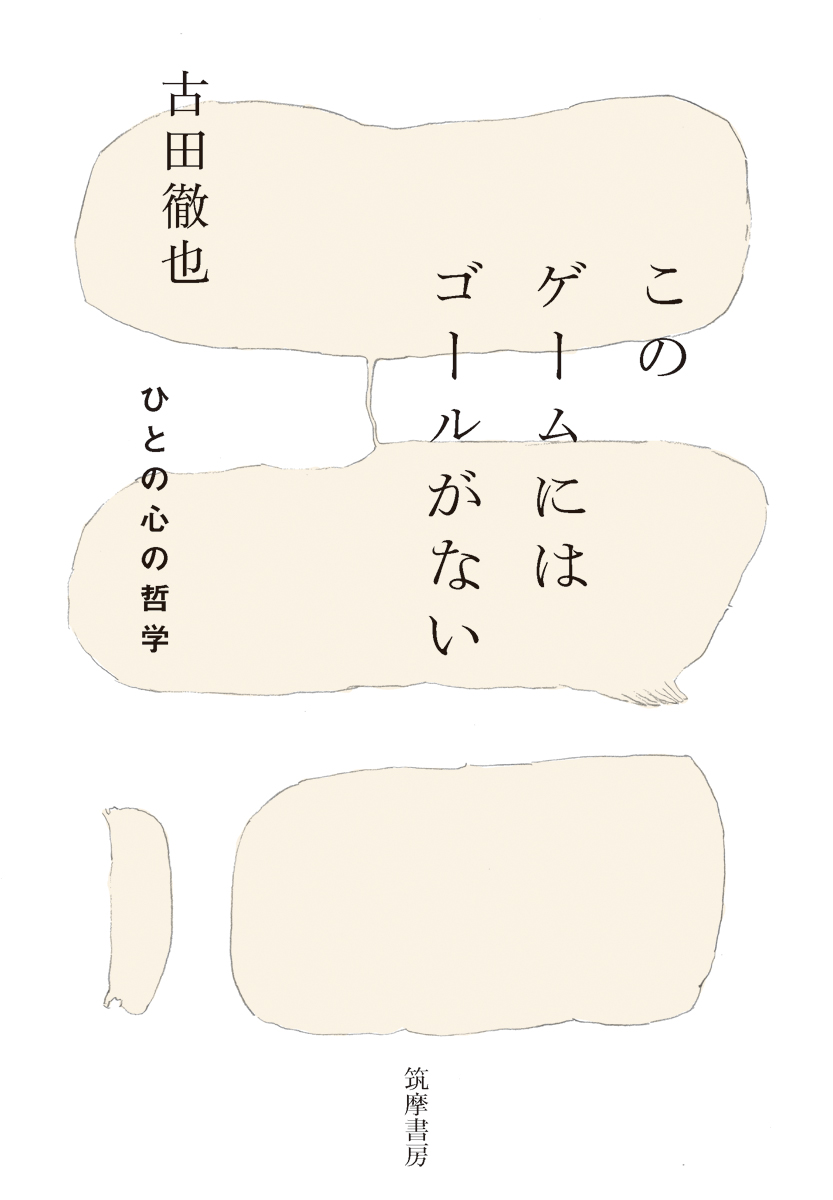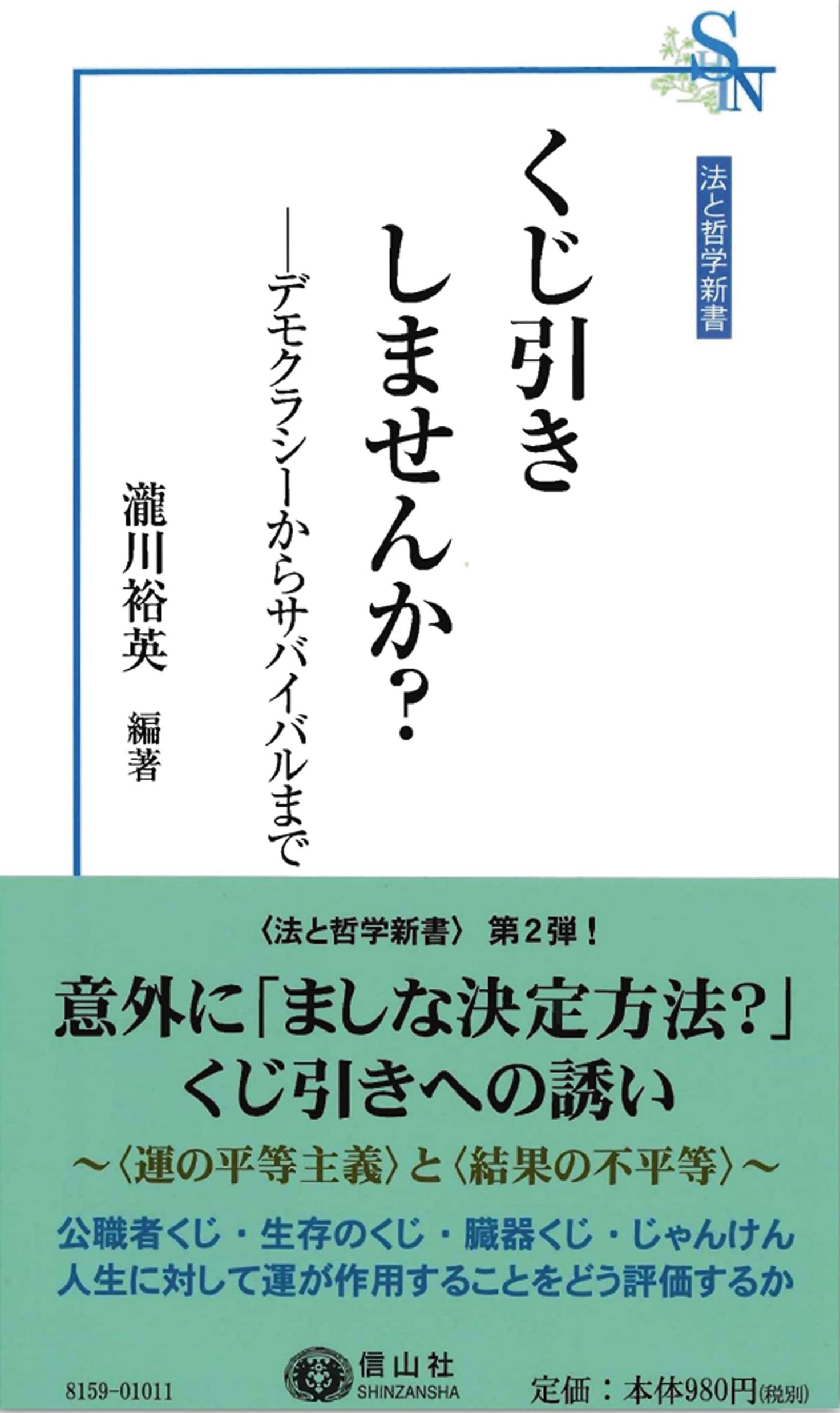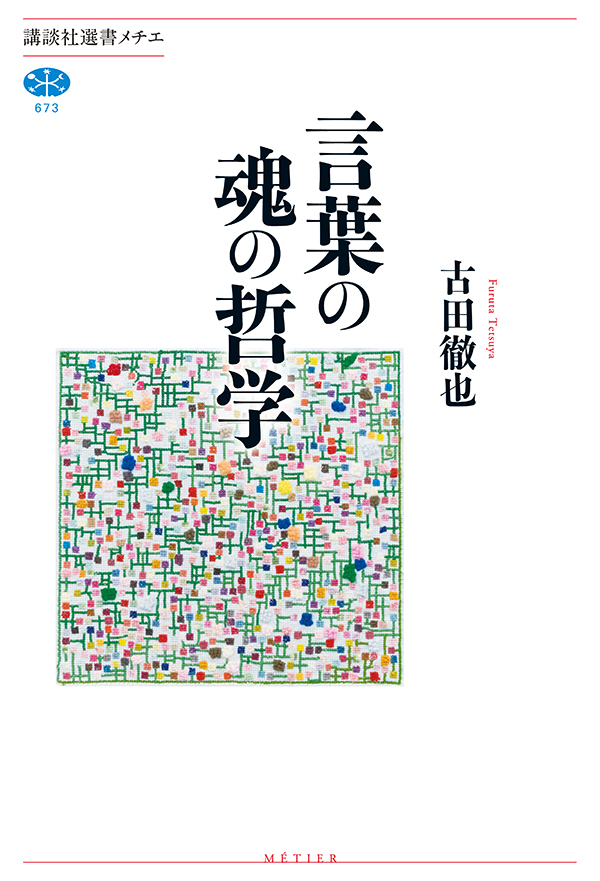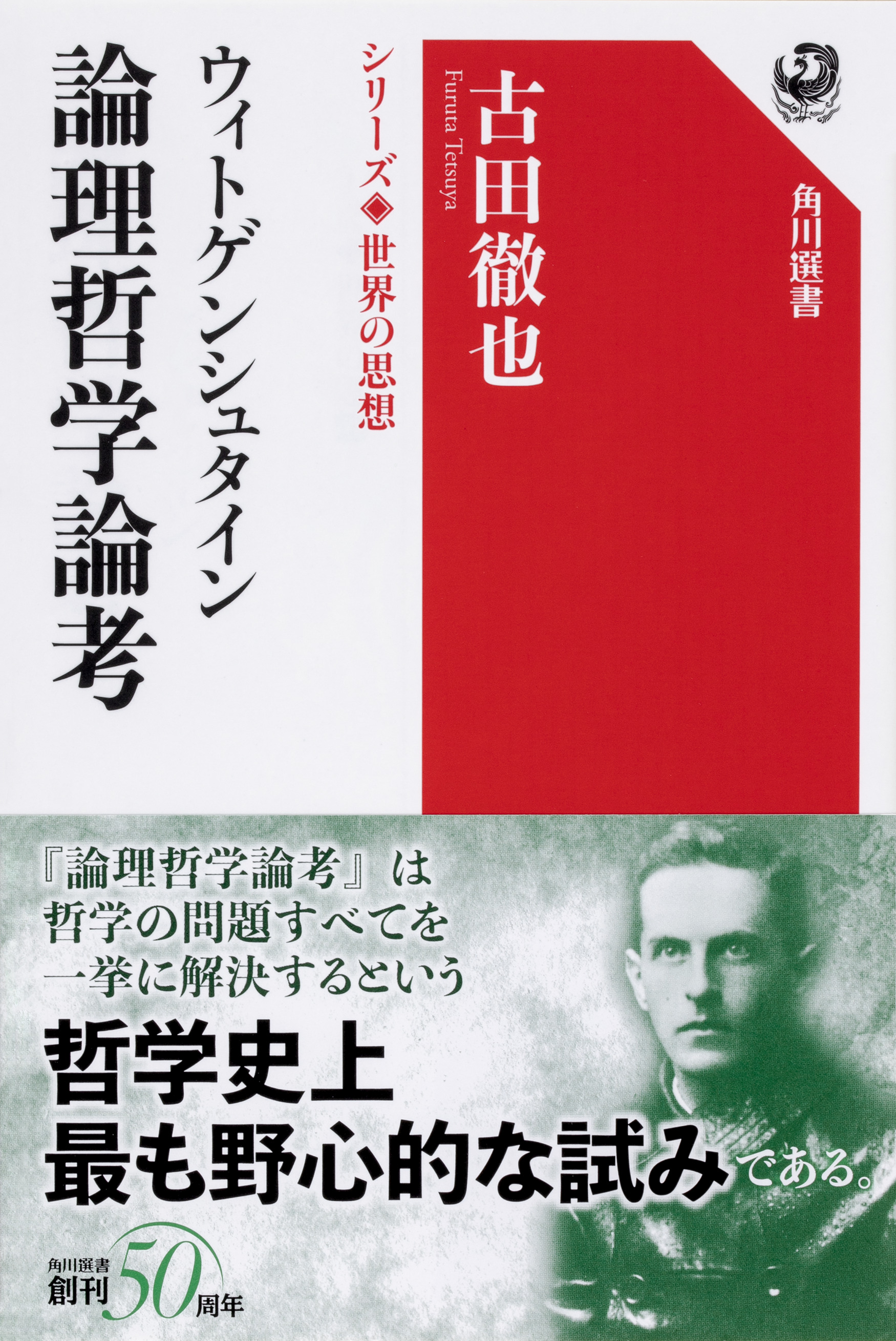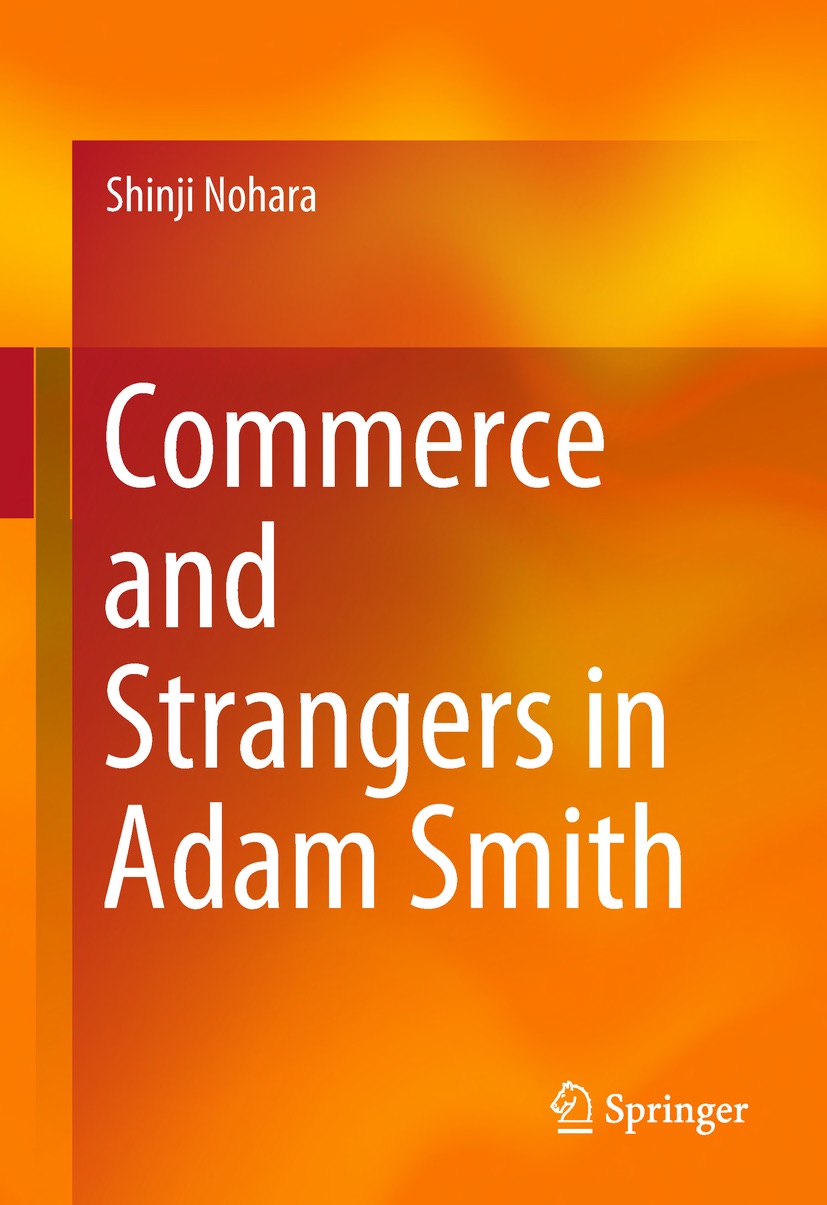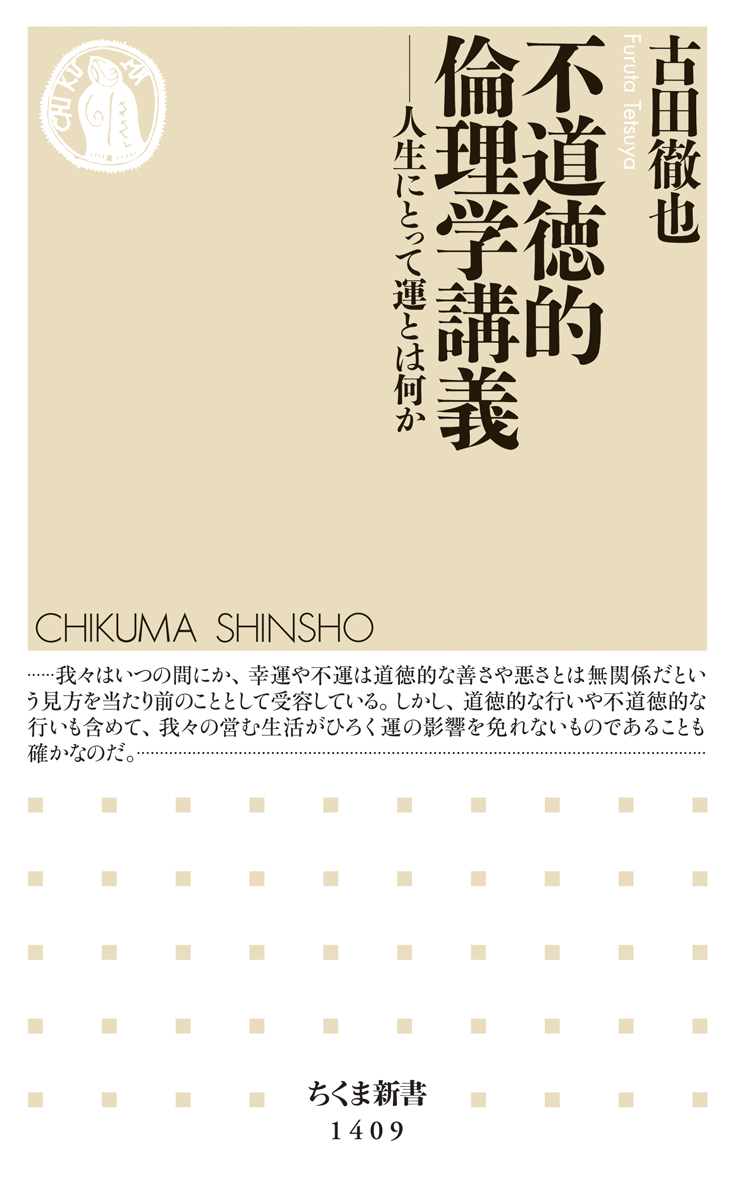
Title
Chikuma Shinsho Fudoutokuteki Rinrigaku-Kougi (A Lecture on Immoral Ethics – What is luck in people’s lives?)
Size
368 pages, Paperback Pocket Edition
Language
Japanese
Released
May 07, 2019
ISBN
978-4-480-07213-9
Published by
Chikuma Shobo
Book Info
See Book Availability at Library
Japanese Page
This book is a discourse that unravels the history of human thought surrounding morality and ethics, from the perspective that ‘luck’ is unavoidable in the world, and that this carries with it a "gambling" aspect in human life.
We have, for some time now, accepted as obvious the notion that good and bad luck are unrelated to moral good and bad. This paper can be said to be an "immoral" book on ethics, in the sense that it stops ahead of common-sense views and instead turns its gaze to the positive role of "luck."
It is understood that the course of our lives is greatly swayed by what we call "luck." The opportunities we get in life are greatly influenced by factors like our birth and upbringing. In addition, the consequences of actions in the future may change greatly depending upon unforeseen events, and the things we have built up over the course of many years may be destroyed by a sudden disaster.
However, when there is a discussion on life or what should be done, for one reason or another the "luck" factors tend to be overlooked. Arguably, this trend is particularly pronounced in ethics, especially academic research into morality and ethics. Why is this so?
In this book, after a detailed exploration of what the concept of "luck" is in the first place, we trace this to the question of how "luck" in human life has been treated mainly in the history of ethics, or rather, how it has been excluded.
This book therefore has a unique structure, one that frequents backstreets seldom visited by orthodox ethics history. This constitutes the significance of adding a new book to the numerous introductions to ethics and overviews already available.
Moreover, shining a light on these backstreets of ethics history ought to lead us to revisit our understanding of ancient ethics and generally received views of morality.
This book will repeatedly illuminate the contrast between morality and what lies outside it, ideals and reality, humanity and the individual, wise men and fools, and God and man. That is, in general, to gaze into the gulf between how human lives should be and human lives as they are, and to rethink what kind of existence human beings can be said to have. Above all, the focus of this book is on the following questions: What is human greatness (different from God's greatness)? What is a sincere way of life (different from a solemn way of life)?
Therefore, we can say that this book is first a discourse tracing the history of ethics and its prehistory from an immoral perspective. In other words, from the perspective that luck exists in this world, and that there is an unavoidable "gambling" aspect to human life, the book attempts to unravel the history of human thought surrounding morality and ethics.
Moreover, this effort will eventually also become a work that sketches out how ethics can accept and incorporate the luck factor.
(Written by FURUTA Tetsuya, Associate Professor, Graduate School of Humanities and Sociology / 2019)



 Find a book
Find a book


